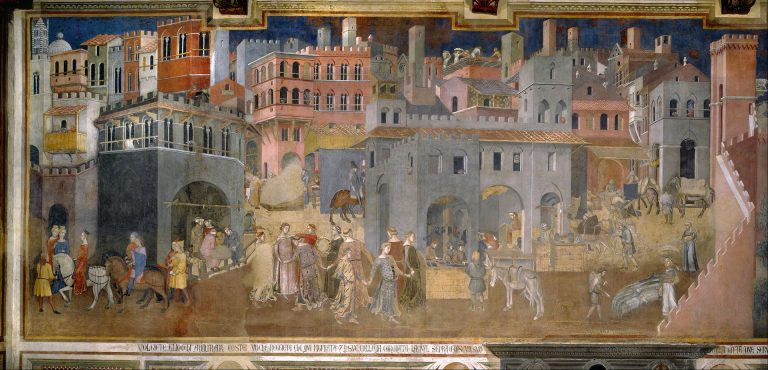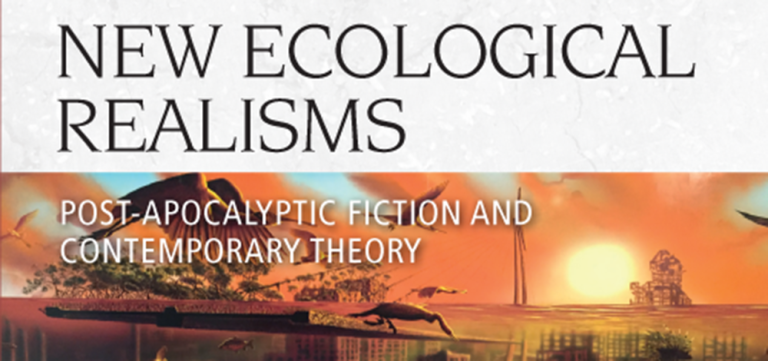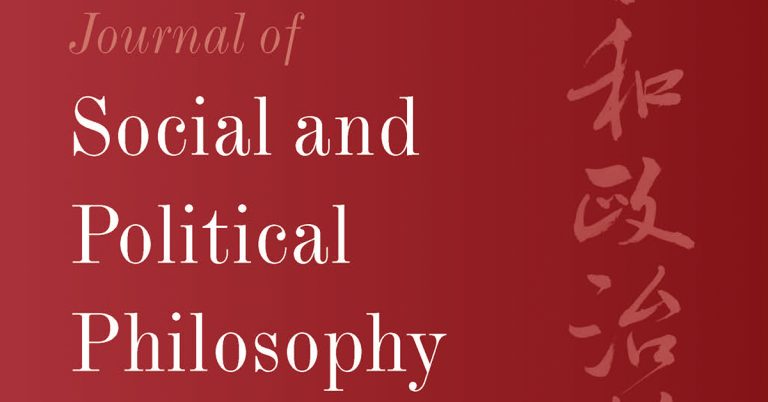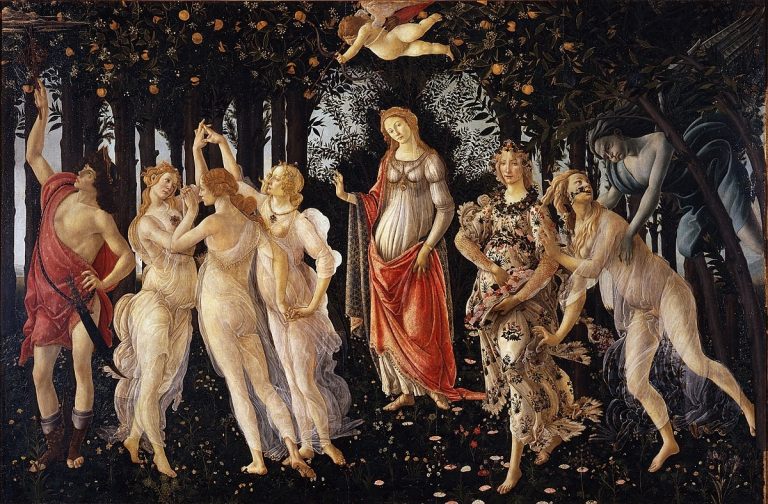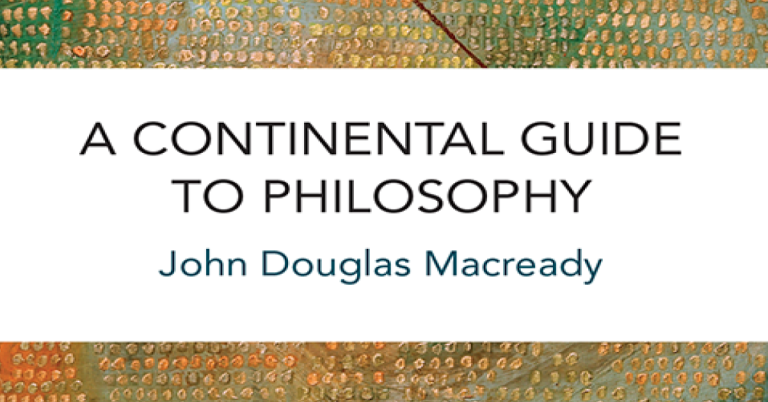
-
Shame in Contemporary You-Narration: Q&A with the author
Read more: Shame in Contemporary You-Narration: Q&A with the authorDenise Wong discusses Shame in Contemporary You-Narration, exploring second-person storytelling, shame, temporality, and narrative experimentation across literature and media.




